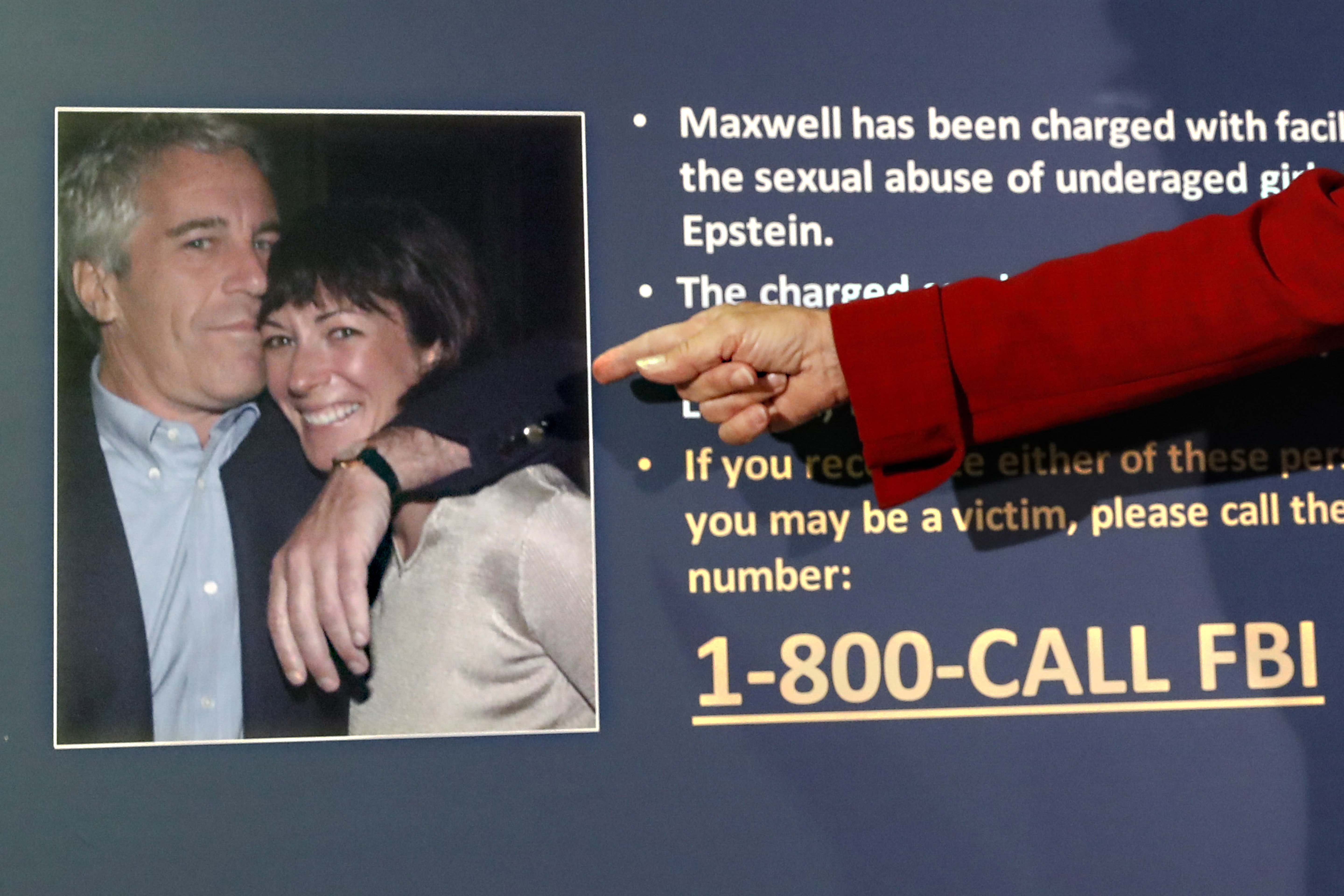When it comes to elections, unknowns are myriad — especially in midterm elections.
National issues can sometimes cut across districts and state lines — like, say, a drawn-out war. Then sometimes local issues — maybe a factory closing or a splashy scandal — can influence who wins a House or Senate seat.
Now here's what's unique in 2018 and ahead in 2020.
A singularly powerful unknown that could determine the entire outcome is what white women will do on Election Day. They're the perennial wild card and numerically wildly important.
A study published by Rutgers shows in 2016, white women showed up in huge numbers, trouncing all other ethnic groups, even trouncing white men by more than 4 million votes.
We know what white women, as a whole, did in recent presidential elections. They went for the Republican candidates: 55 percent for George W. Bush in 2004; 53 percent for John McCain in 2008; 56 percent for Mitt Romney in 2012; and 52 percent for Donald Trump in 2016.
It was much the same in the 2014 midterm. Fifty-six percent pulled the lever for the House candidate next to the letter "R."
Now, imagine if they funneled all that voting power to join left-leaning coalitions. It's not necessarily a hypothetical anymore. Signs of GOP slippage are showing.
In 2017, 40 percent of white women with college educations approved of Trump in a Washington Post-ABC News poll. A year later, that fell to 34 percent. This is important because 4 in 10 — 44 percent — of college-educated white women voted for Trump in 2016. A significant shift in support to Democrats could make a big difference in the midterms — and to Trump 2020.
Another Post-ABC News poll shows white women favoring Democrats over Republicans in the midterms by 12 points after favoring Trump by 9 points in 2016.
But it gets kinds of complicated.
Studies show that white women often vote the way their husbands vote, in part because many are financially dependent on their husbands and feel that voting with them is in their best economic interest — and a lot of men voted for Trump in 2016 because they thought he was better for the economy.
On the other hand, there's the #MeToo movement. That could make sexual harassment and equality more of a pressure point going forward. Will the president's dicey history with wives — and TV show contestants, alleged mistresses — become a factor?
The so-called "Stormy Effect" sent the president's approval among women plunging from 41 percent to 35 percent, according to a Harvard poll, after the porn actress came forward with allegations of an affair and cover up.
So we come back to the question: What will white women do? Will they signal negative feelings about Trump through House and Senate votes? Or will they set that aside and stick with local Republicans, many of whom they know and like?
A lot of ifs here. White women will be at the polls. Who will they be supporting — or denouncing?




 SCOTUS Rules In Favor Of Ohio's Method For Purging Voter Rolls
SCOTUS Rules In Favor Of Ohio's Method For Purging Voter Rolls Here's What's At Stake In The 2018 Midterm Elections
Here's What's At Stake In The 2018 Midterm Elections






